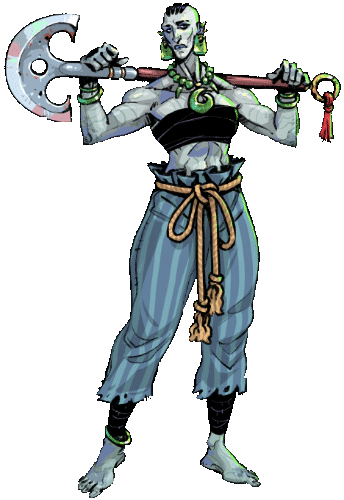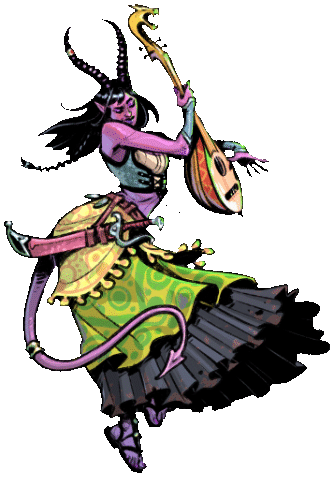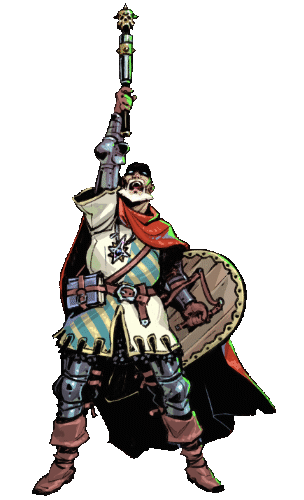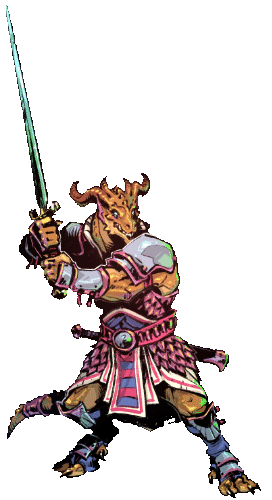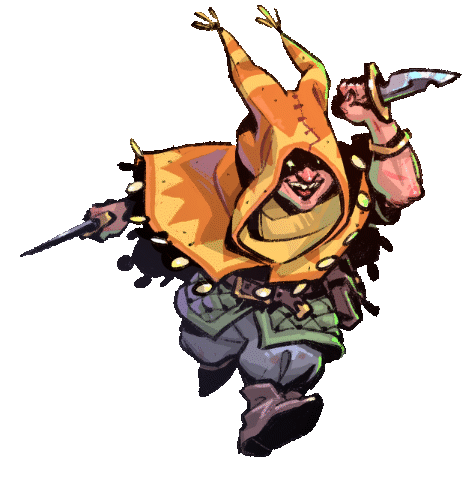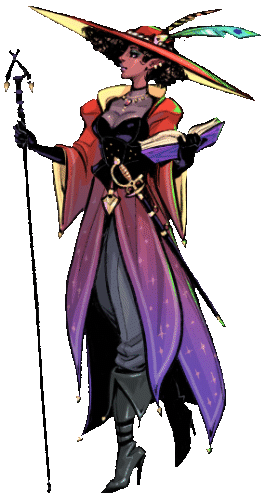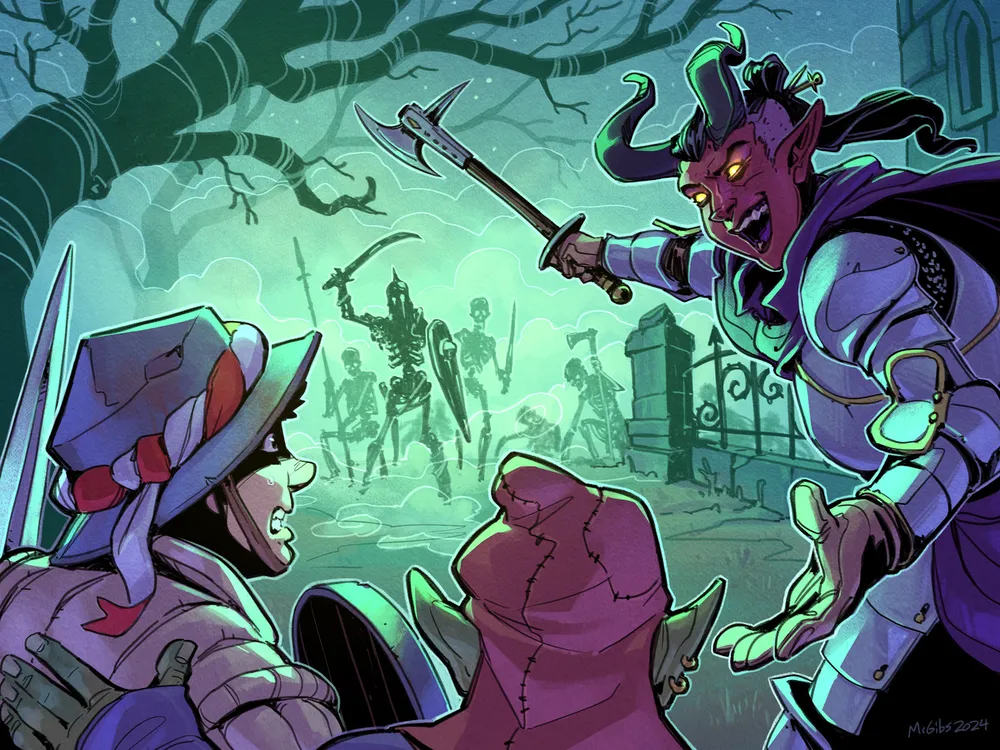
Newbie Night Event Guide for GMs
Thanks for helping bring new players into our game, and just as importantly, into our community! This document will go over the requirements for DMs running games at our Newbie Night events.
Before starting, please make sure you have read the guide for our regular events. It will cover what to expect at all of our events, plus some generally applicable guidelines and expectations.
Event Overview
Primary Goals
Many of the players at our Newbie Nights are very new to the game, and may feel some anxiety or be intimidated at the prospect of playing with a bunch of strangers. As a DM for this event you have three main goals for the players at your table:
- Make sure the players have a fun night.
- Make the players comfortable in our community.
- Help them learn some of the basics of the game.
Overall, points one and two are far more important than the third. We strongly suggest you avoid highly lethal games and focus on something that is not going to be difficult to survive. We can ease them into more difficult tables later.
Event Format
Our newbie nights are designed to be a welcoming and friendly experience where new players can learn the ropes in a highly supportive environment. You should expect that your players will be brand new to the game and will need a lot of help throughout the game. In order to support this, this event has a more rigid structure than most of our events:
- Each table will have six character folders on it, one for each of the PCs below. The inside flap of each folder starts with a high level description of the character and gets more specific as it goes down the page. As players arrive they can pick whichever one they like best, first come first serve!
- Each of these folders contains the following documents:
Document Description Code of Conduct It is essential that people new to our community actually read this. Character Sheet (see above) A full character sheet for the PC. If they are a spellcaster this will include full details for a selection of suggested spells. Random Character Details A list of random details to help players flesh out their characters. Cheat Sheet A quick reference for the players to use during the game. Next Steps Document A document guiding players on what to do after the event is over. X-Card Explanation An explanation of the X-card and how it works in our games. - Shortly after the scheduled start time the host of the event will do a short speech rapidly going over various topics from our group policies to some basic etiquette etc.
- When this speech is complete the host will have the players temporarily move to different tables based on their class. So all the fighters and barbarians might go to Tim's table, the Clerics to Bethany's, the Wizards to Raj's and the Bards and Rogues to Terrence's. Each DM is responsible for giving an overview of the basic class features assigned to them. This should be ten minutes max, you don't have to have them know everything, just the basics.
- After about ten minutes the host will call everybody back to their original tables and you can start your adventure.
Your adventure should wrap up 15 to 30 minutes or so before the scheduled end of the event. This time is to be used to answer any player questions, help them register their character etc.
Player Etiquette
Make sure all new players read our code of conduct before starting the game. Do your best to gently correct any negative behaviours during the game.
As Your Players Arrive
- Welcome them to your table!
- If they need any help picking a character give them a hand.
- Make sure they review our code of conduct.
- Encourage them to start thinking about some character details (appearance, name, goals, attitude etc).
The Breakout Session
When the host calls for the breakout session, have your players move to the table of the DM assigned to their class. This is where they will learn about their class features and how to play their character. This should be a very quick session, no more than 10 minutes. The goal is to give them a basic overview of their class and its features, not to teach them everything about it.
If you are teaching any spellcasting classes be sure to go over:
- The difference between cantrips and levelled spells.
- How spell slots work and how to track them on their sheet.
- How to find their spell save DC and spell attack bonus on their character sheet.
- The differnce between known vs prepared spells.
If you are teaching a martial class be sure to explain how their weapin mastery features work.
No matter what class you are teaching, make sure to explain their active core features. For example, the Barbarian's Rage, the Fighter's Action Surge, the Rogue's Sneak Attack, and the Wizard's Arcane Recovery.
During Your Game
Encourage Role Playing
One thing we want to instill in our players is that their characters are not simply a bag of stats and hit points. They should have some concept of how their character will react to various things in the game world, what they look and act like, and maybe have a one or two sentence backstory.
At the start of the session, have the players introduce their characters. This should include:
- Name
- Class
- Species
- Background
- Appearance
If they are up for it, ask them to take no more than 15 seconds to describe who the character is. Additionally, during play encourage your players to describe how your characters perform different actions. For example:
I attempt to pick the lock -> Frywynn slowly inserts his lockpick into the keyhole on the chest, readies his stance to dive out of the way, and tries to move the tumbler into place.
I attack with my sword -> Fargle screams “For Desdemona!” and charges at the goblin, swinging his sword at the vile creature with reckless abandon.
Some players may be a bit too nervous, so no need to force this. Feel free to help your players get started with this habit by making suggestions the first couple times.
Teach Key Rules & Mechanics
When running your adventure it is important that your players learn a few key game rules and mechanics. We do not recommend going over these at the start of your adventure, it is likely better to explain them as they arise during your session. Please do try to make sure you feature each of these mechanics in your game, and don’t forget to show them where to find the relevant info on their character sheet. By the end of the adventure your players should understand the following:
- They are typically used to avoid some sort of negative effect.
- They are called for by specific game rules or when the DM determines it makes sense.
- The rules and/or the DM will specify the type of saving throw.
- They are used by a PC trying to accomplish a task other than attacking.
- The skill check must make sense in relation to the task being attempted.
- The DM will usually ask for ability checks.
- Skill checks are not required for very easy tasks, nor are they required for impossible tasks.
- These generally only apply in combat.
- On their turn in combat they get to move and take one action.
- Some common actions are attack, disengage, hide and dash.
- The most important action for players to remember is “or anything else you want to try, just ask your DM”.
- They can use one bonus action on their turn, but ONLY for specific mechanics allowed by their class features.
- Under certain circumstances, they can take one reaction per ROUND. Explain opportunity attacks as the most basic example.
- There is a roll to hit, and (if successful) a damage roll.
- If an attack roll equals or exceeds the AC of the target, it is considered a hit.
- Regardless of modifiers, nat 20’s always hit and crit, nat 1’s always miss and some DMs use a fumble rule.
- The modifier for the attack roll is generally based on STR for melee and DEX for ranged.
- There are exceptions for this, specifically Finesse weapons.
- The proficiency bonus is added to the attack roll, but not the damage roll.
After Your Game
Reminders
With your session in the books, relay these reminders to your players:
- Registering a character on our site is NOT the same as creating a character. You will need a character to register, but can of course select the template matching the character you just played. This is recommended for people new to the hobby overall.
- Don’t forget to pay your bill!
- You are going to get a survey, please fill it out! The administrator for the group is the only person with access to the reviews so please be as open and honest as you can. These reviews are actually super helpful!
- They can sign up for any L1 - L4 table, or if they are still feeling skittish, they can come to another Newbie Night.
- If they would like to learn the rules of the games on their own, or want to create their own characters they should start by checking out the free rules on dndbeyond, or by buying the 2024PHB either physically or digitally.
- We run character creation workshops once or twice a month, if you want to learn to create your own characters from scratch, check the event schedule for these!
